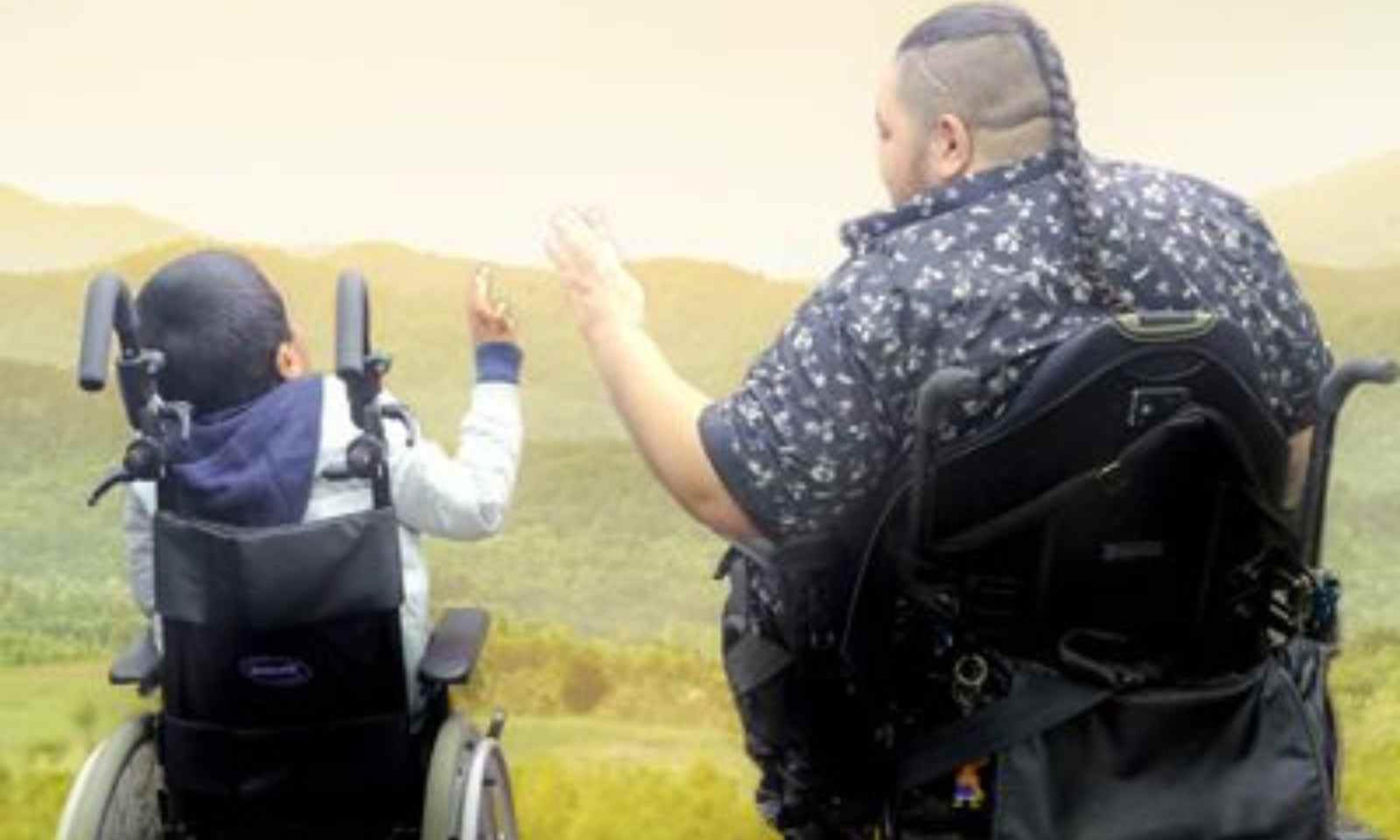

Advocates say disability support for Pacific children needs to consider wider family's needs.
Tōfā Mamao
Disability support needs Pacific approach says advocacy group
A Pacific disability advocacy group says government support must recognise the needs of the entire family unit - not just an individual.


Papatoetoe vote rerun under close scrutiny

Pacific comedy web series ‘The School Repeaters’ hits screens


NZ-born toddler denied visa despite severe brain injury and faces risk of unlawful status

Papatoetoe vote rerun under close scrutiny

Pacific comedy web series ‘The School Repeaters’ hits screens

There are calls for support for Pacific children with disabilities to consider the wider family.
A report from IHC: Data to Dignity: Health and Wellbeing Indicators for New Zealanders with Intellectual Disability shows almost half of Pacific children with intellectual disabilities are living in the most deprived areas.
Tōfā Mamao Collective national executive officer Tunumafono Fa'amoe Ava Fa'amoe says government support needs a Pacific lens.
“In the Pacific context, there’s no such thing as the individual. Our greater wellbeing is sustained by the collective vitality of our families and our communities.
“If the family’s well being is not taken care of, the pressure will slowly build and build and the family system will crumble eventually from the pressure. Normally, when it crumbles, it usually falls on the vulnerable ones like our grandmothers or the mothers, the little ones or the disabled person themselves.”
The report shows children with intellectual disabilities are more likely to be living in homes that are overcrowded, damp, and on lower incomes. Tunumafono says Pacific families still struggle with getting timely access to support, and most will serve many unpaid hours, which can take a financial and physical toll.
“To get a child in and out of the shower, for example, most of our young ones do grow and with that comes size and weight.
“When the state-funded organisations come into our homes, these people are trained on how to operate the technical machinery to allow that job, even training on how to best lift people.
“That kind of training is not afforded to our families, so you run the risk of incurring injuries, but our families will just see that as a natural path of dedication to their loved one.”
The power of family
Tunumafono says, if supported the right way, Pacific families have the social structures in place to need less government intervention, but outside pressures such as cost of living and poverty need to be addressed.
“The Pacific community still have their family system intact. Other communities have heavily relied on the state, and therefore some of their own family systems have been undermined by that, but our communities have never wavered from the family system, looking after each other.
“So if anything, what other communities have benefited from, our community haven't quite relied on as much because our natural supports are our families and communities have picked up that gap, and then in the long run have saved the state a lot of money.”
“But they need to be acknowledged and included in the solution rather than the individualistic approach, where we continue just to support the individual and ignore other issues that are applying pressure on the family system.”
Save the Children New Zealand Advocacy Director Jacqui Southey says disabled children have the same rights as all children in New Zealand.
"The findings in this report reveal deep and shocking levels of poverty faced by intellectually disabled children and their whānau, and just how challenging life is for intellectually disabled children living in households with incomes that are clearly inadequate.
"To lift intellectually disabled children out of poverty and significantly improve their experiences of life and the resources they can access, their household incomes need a substantial lift."